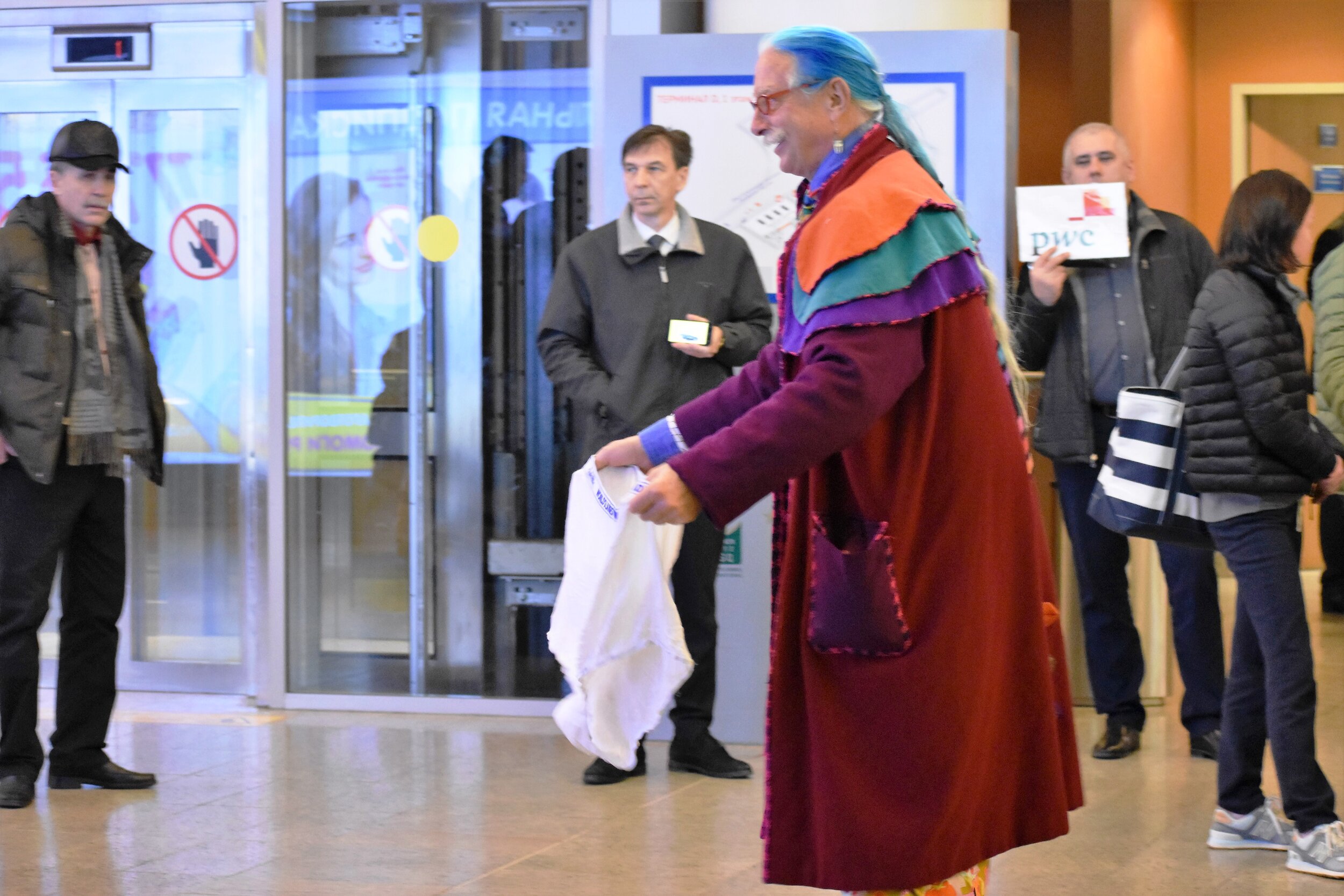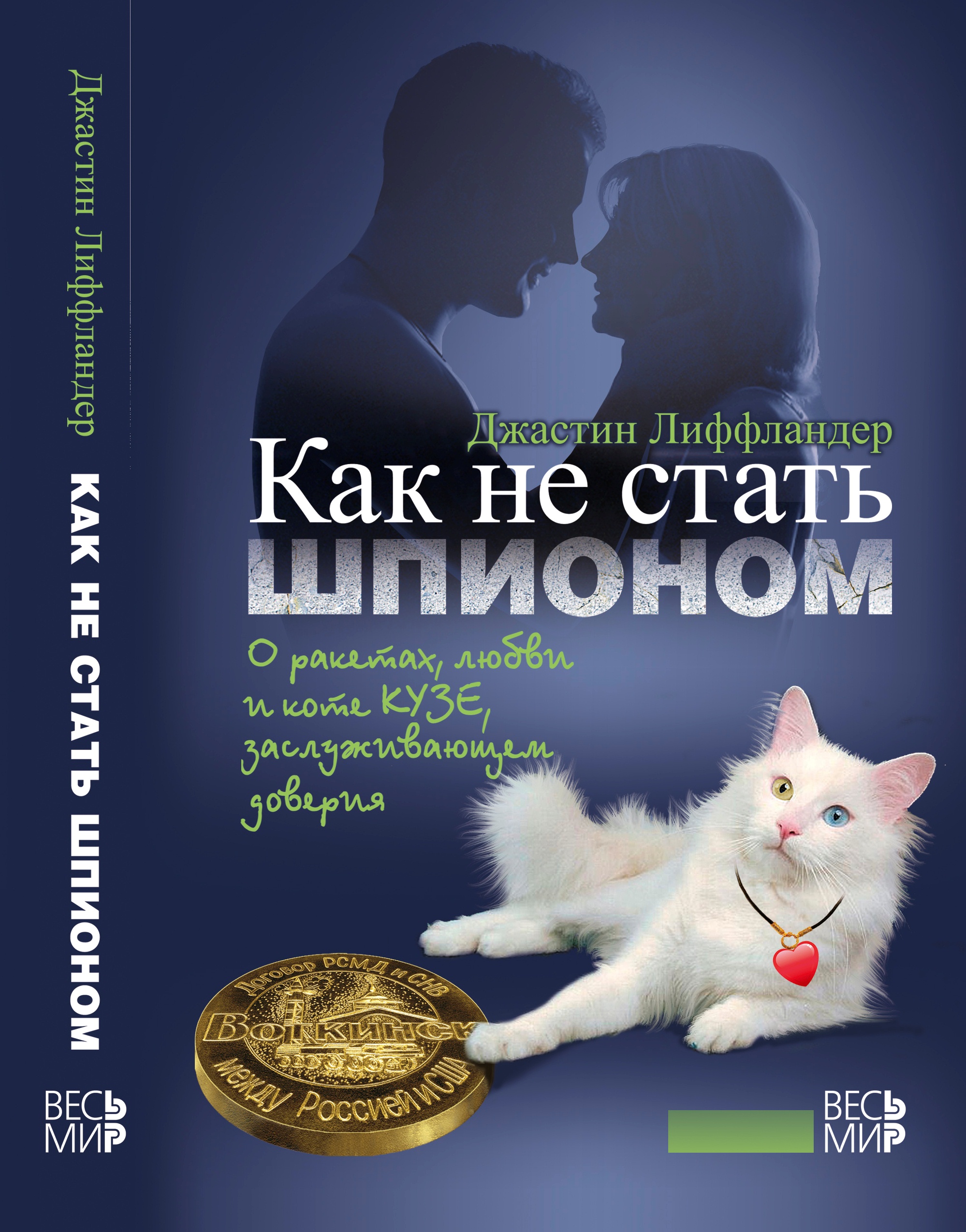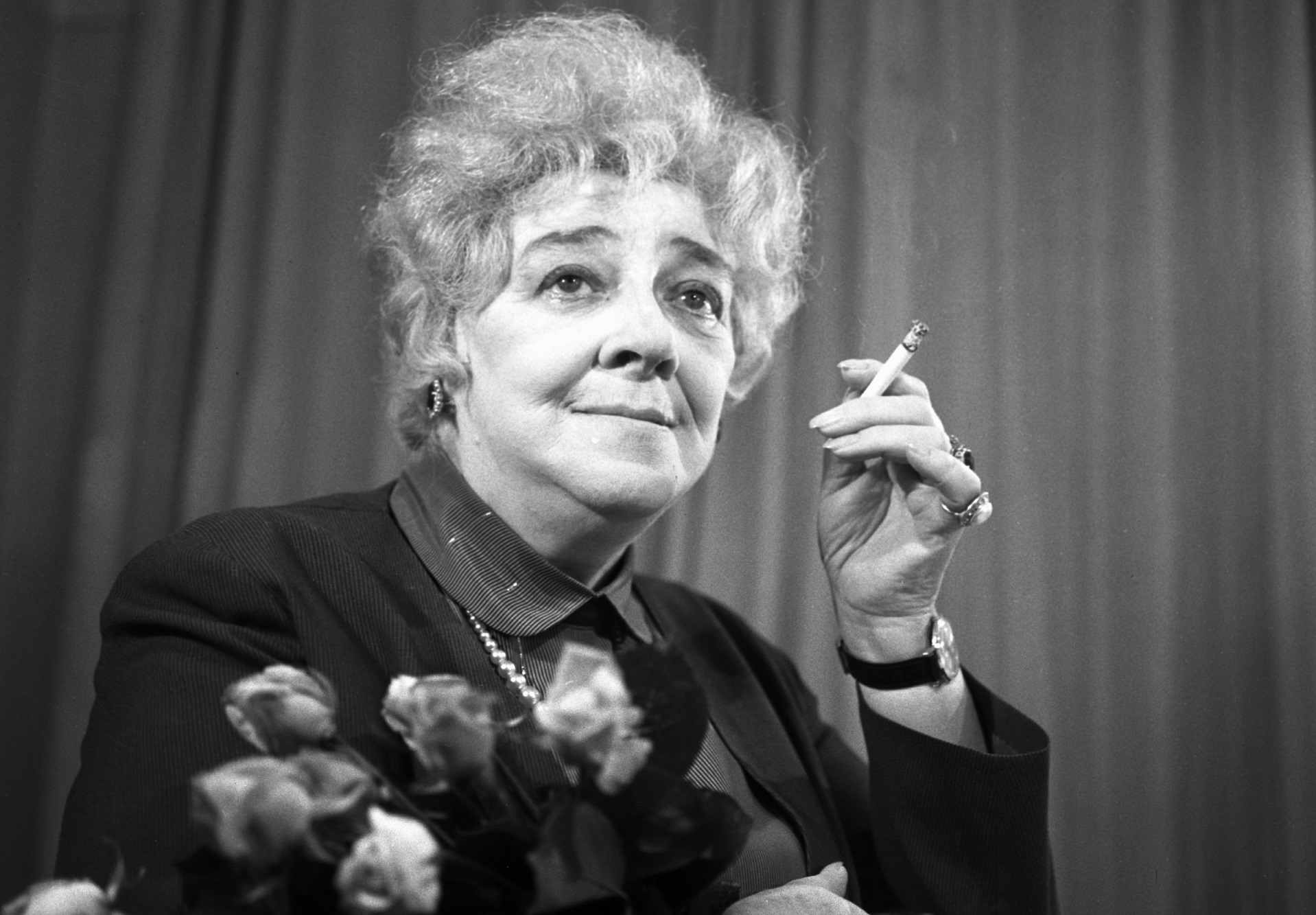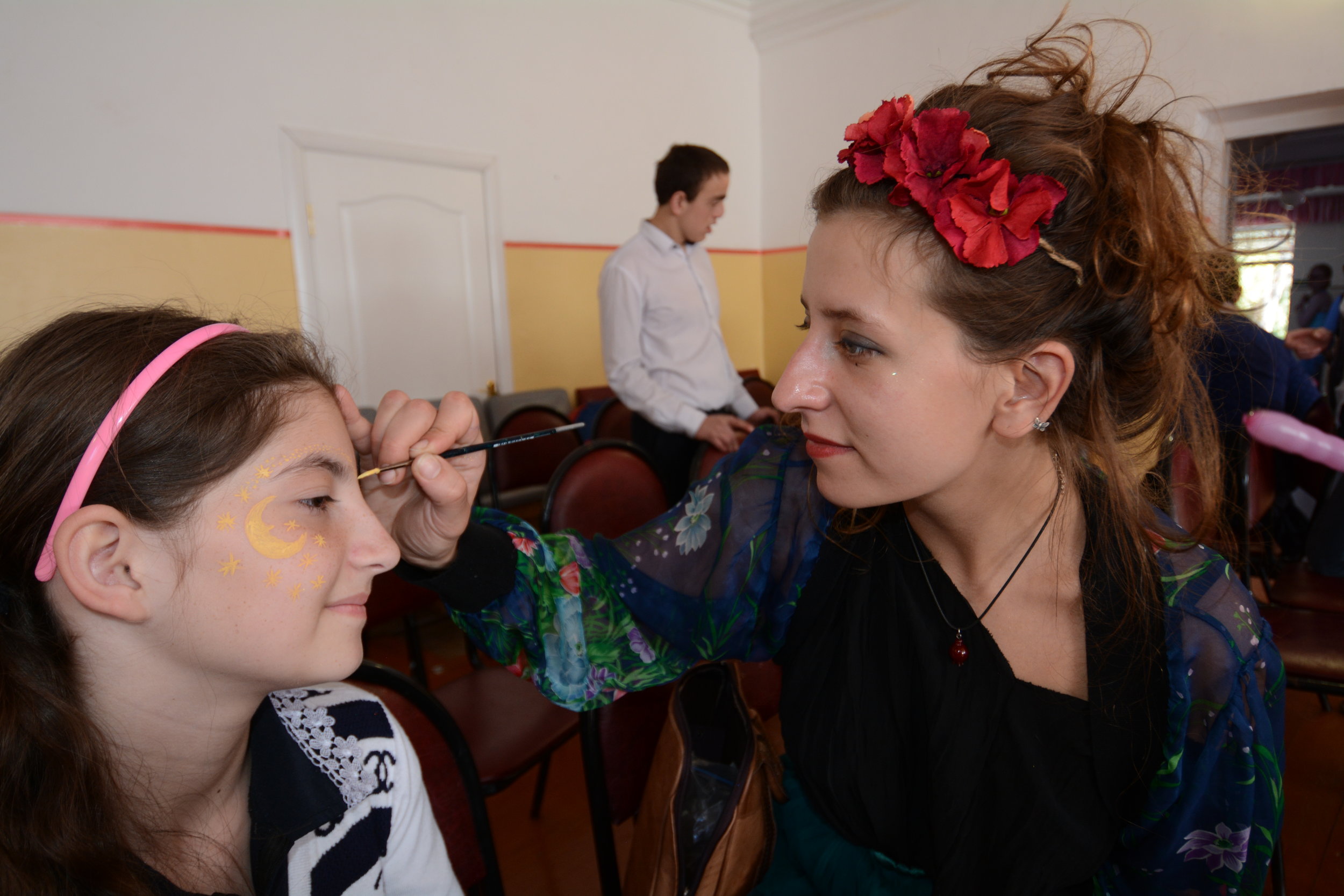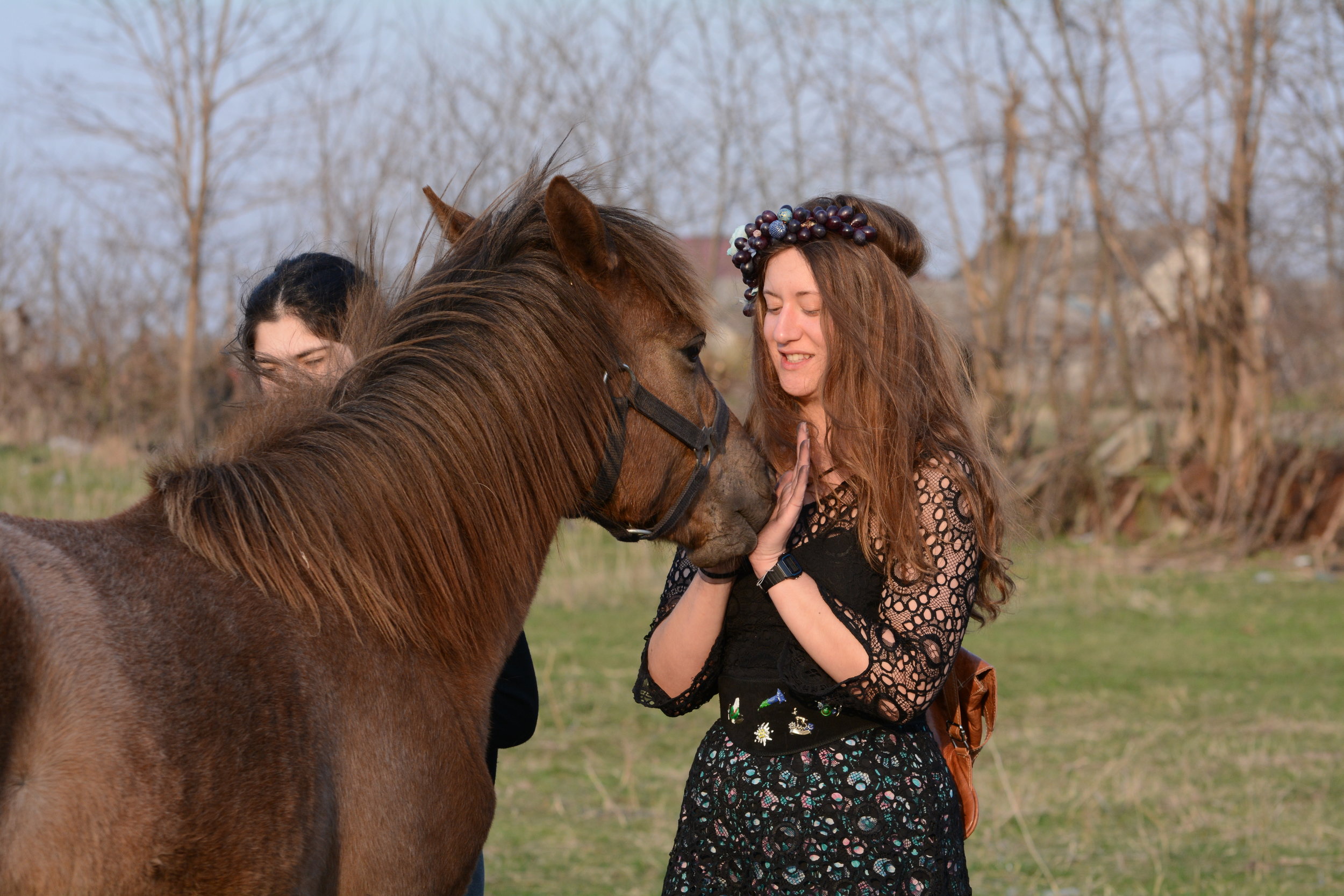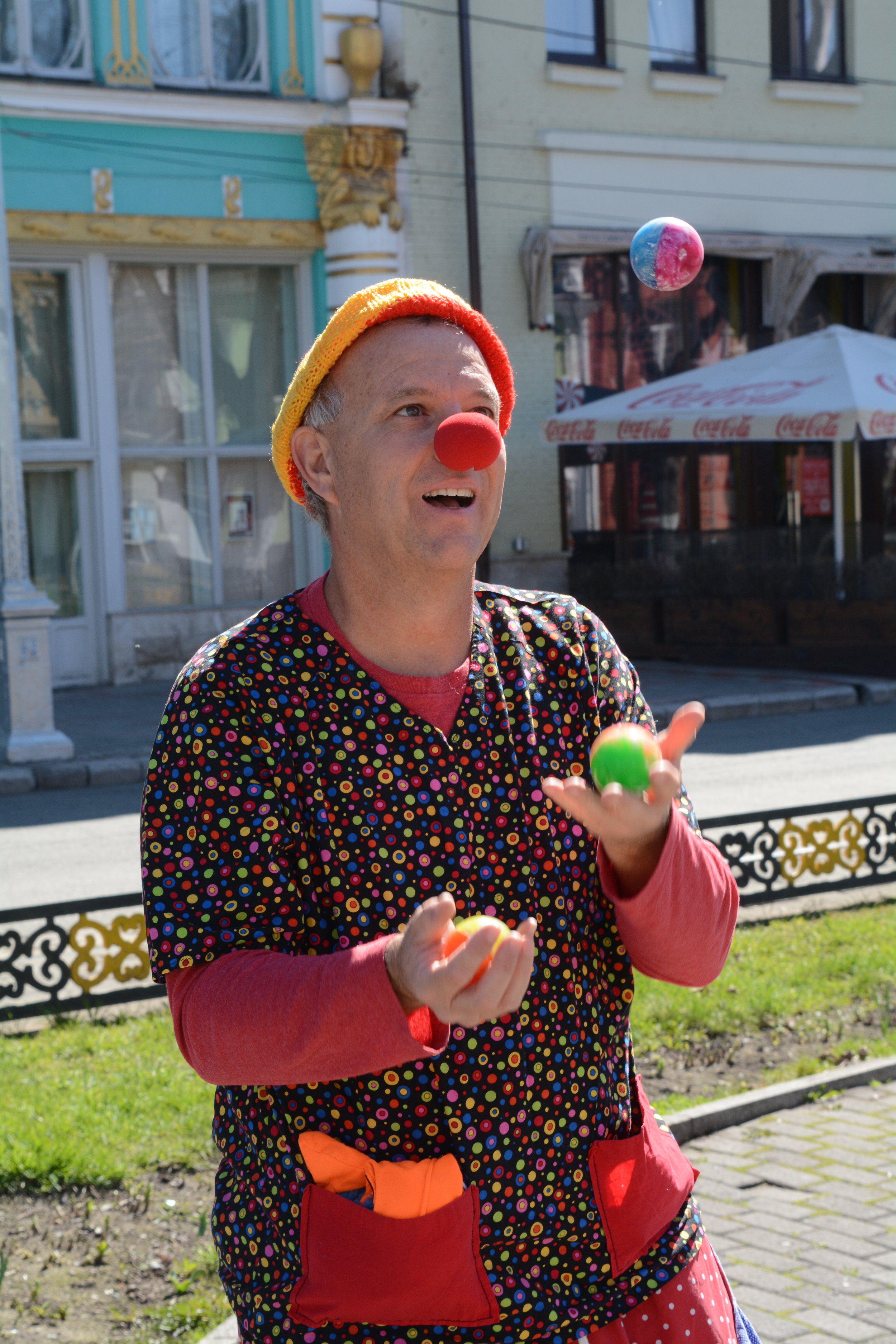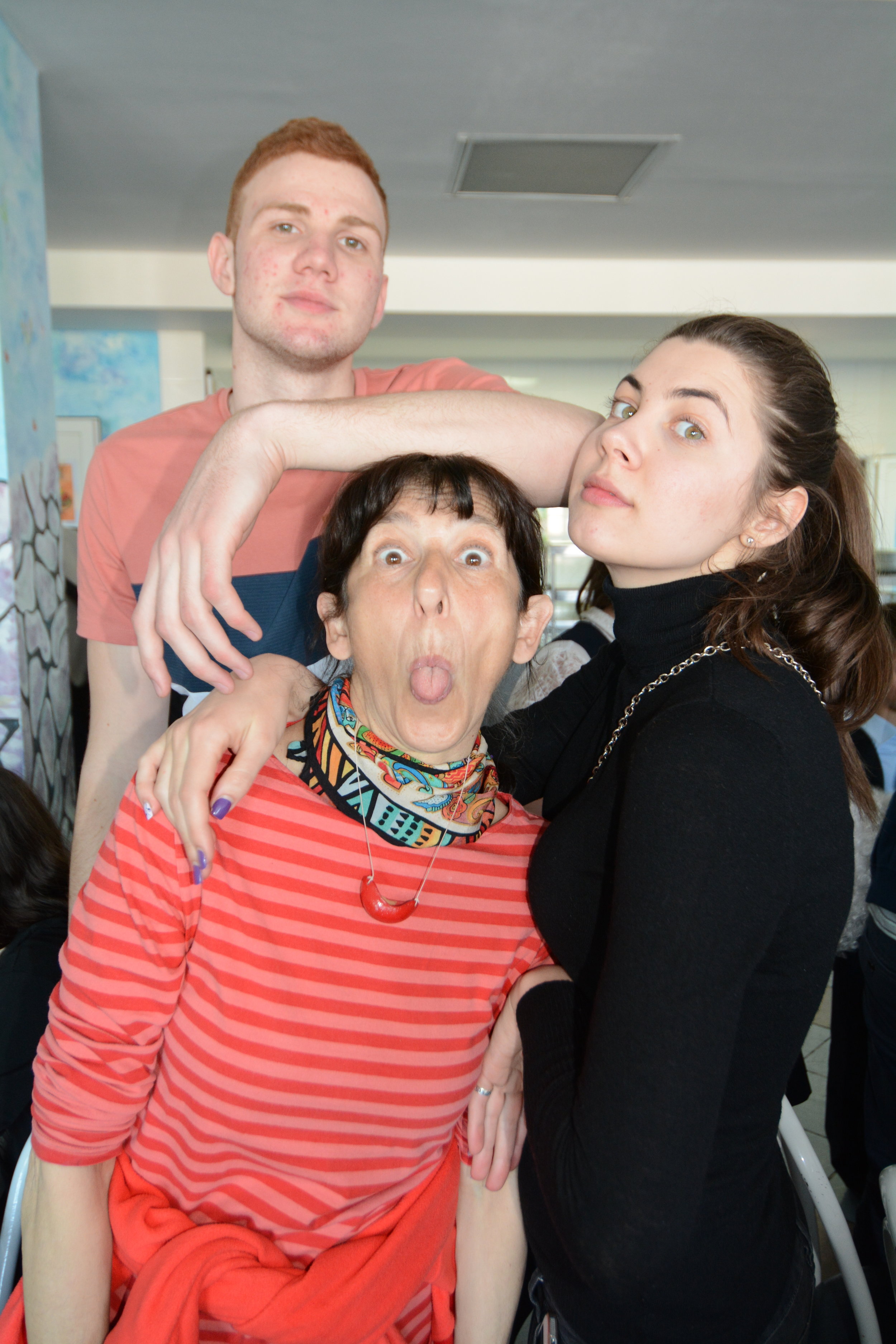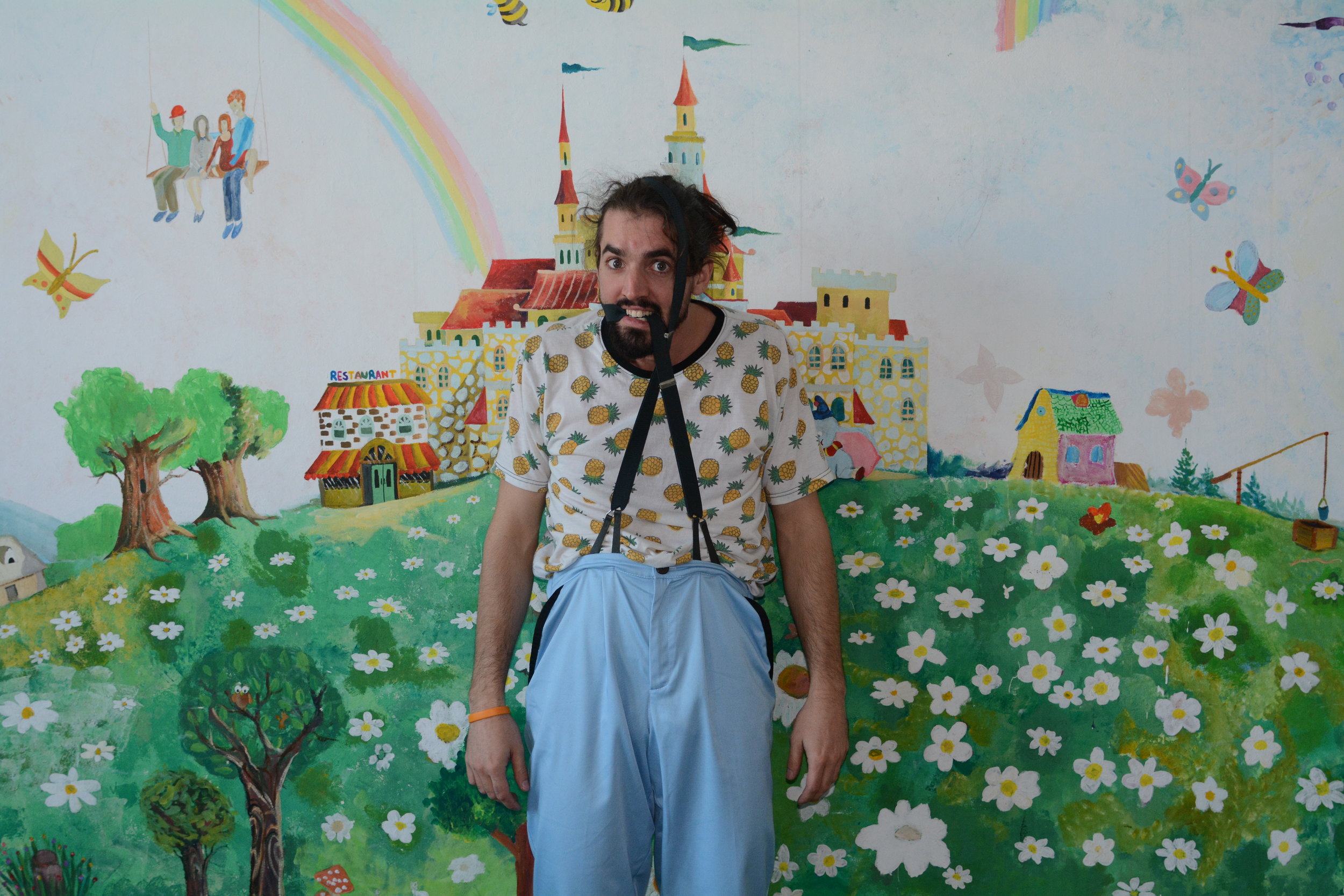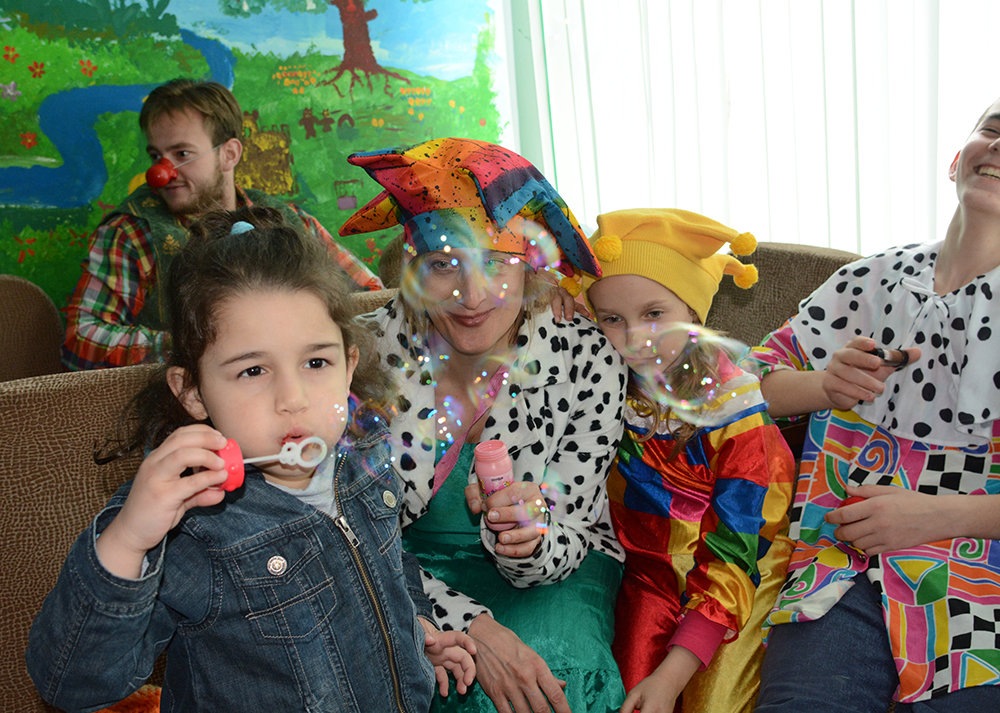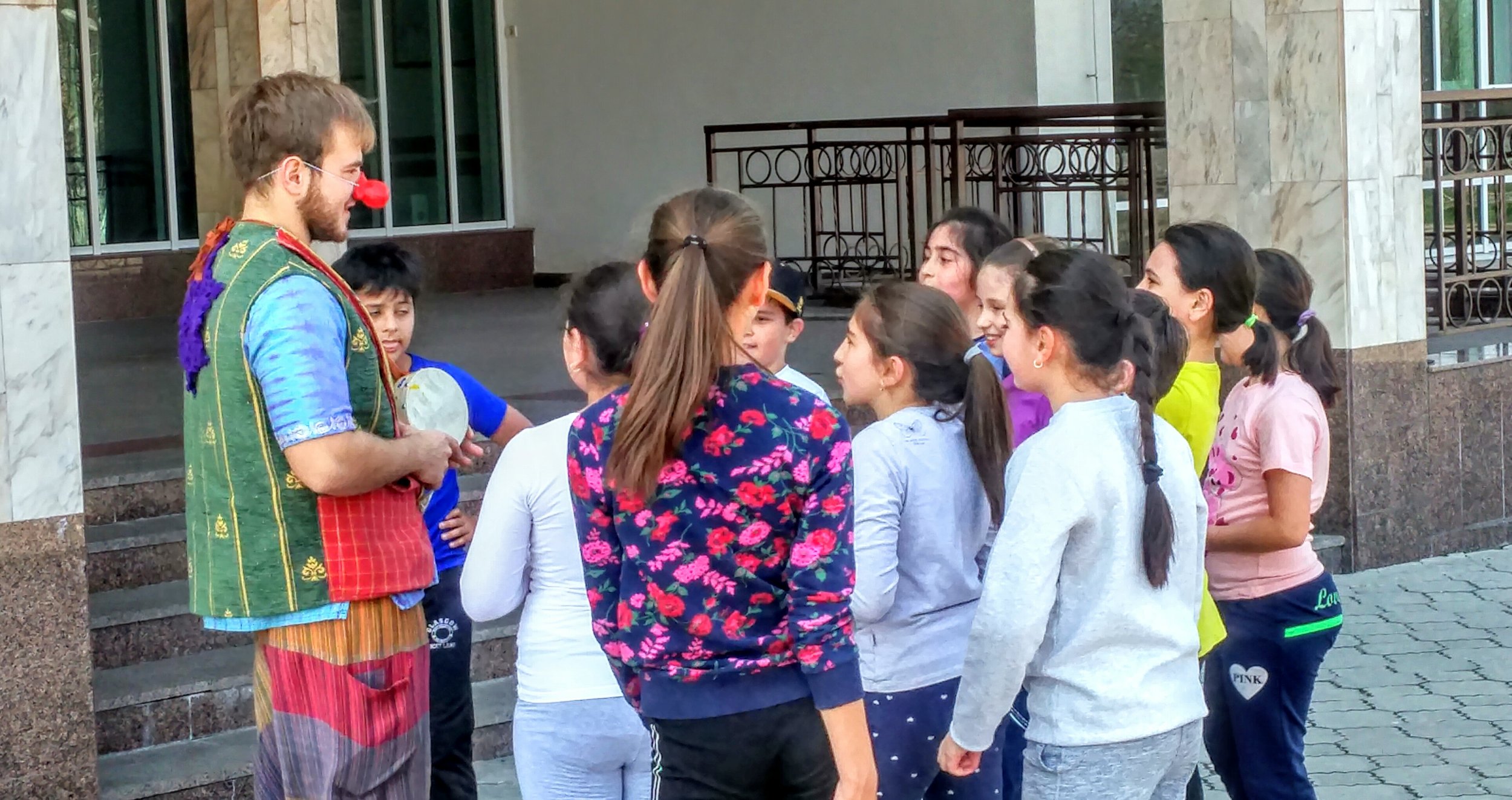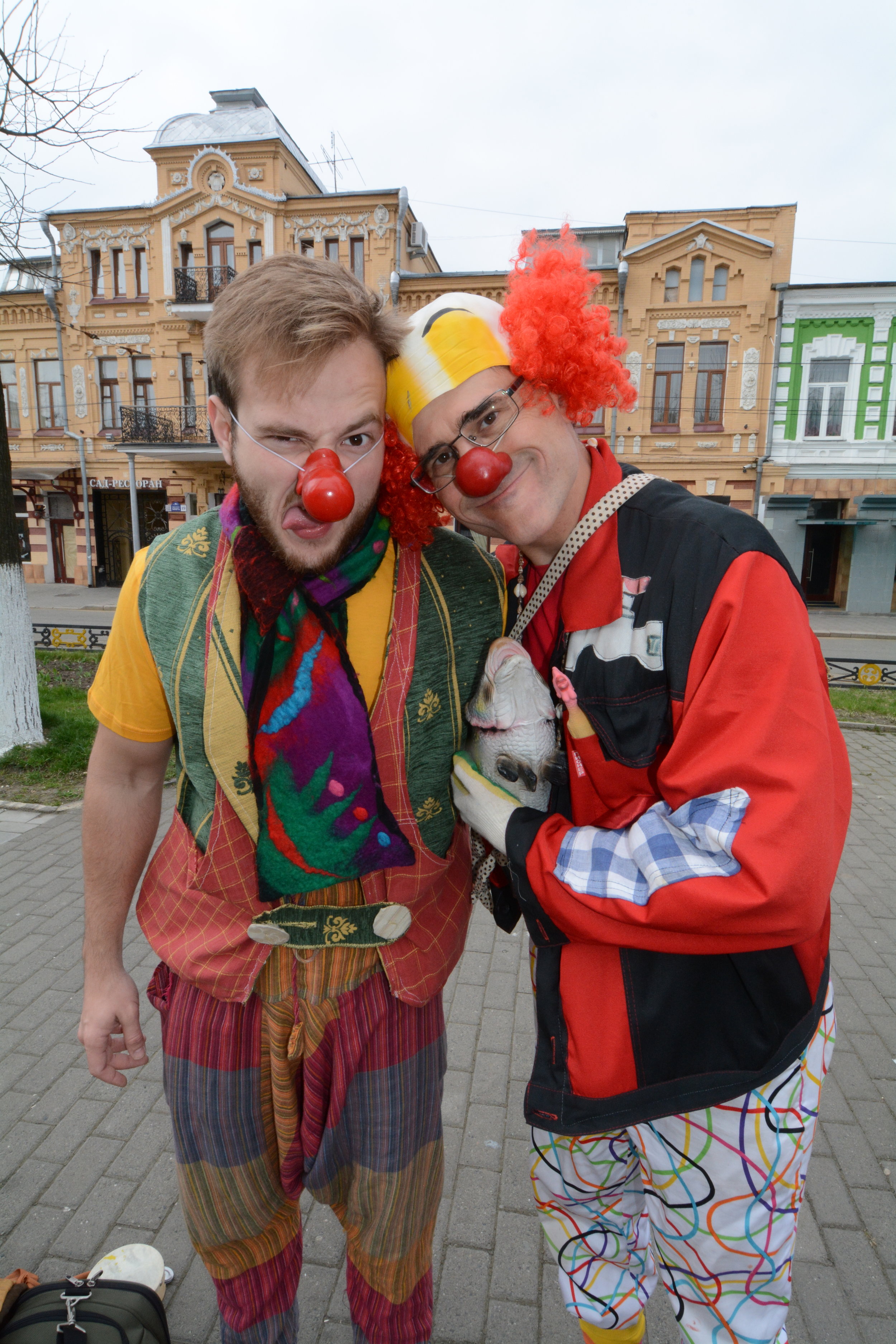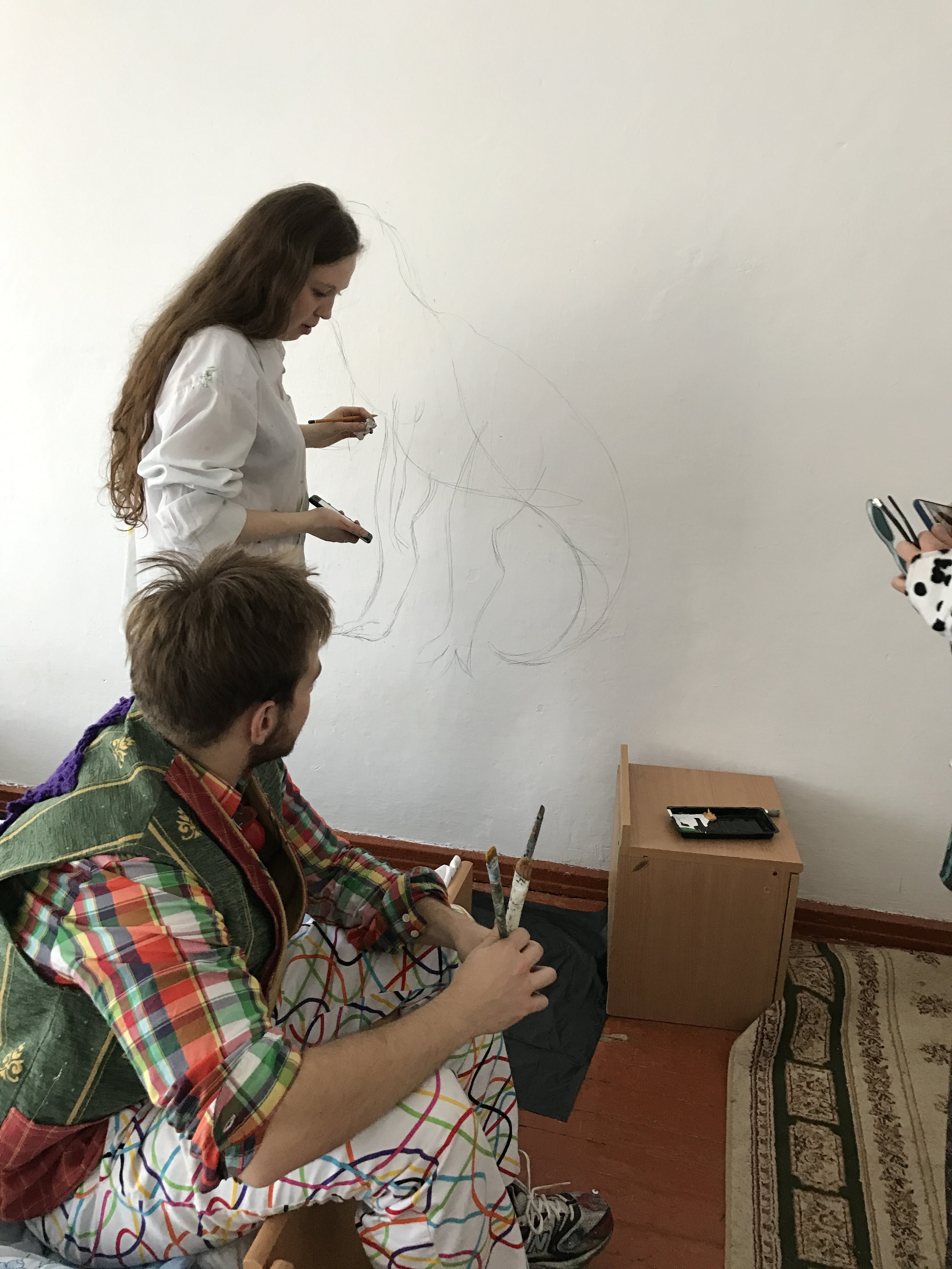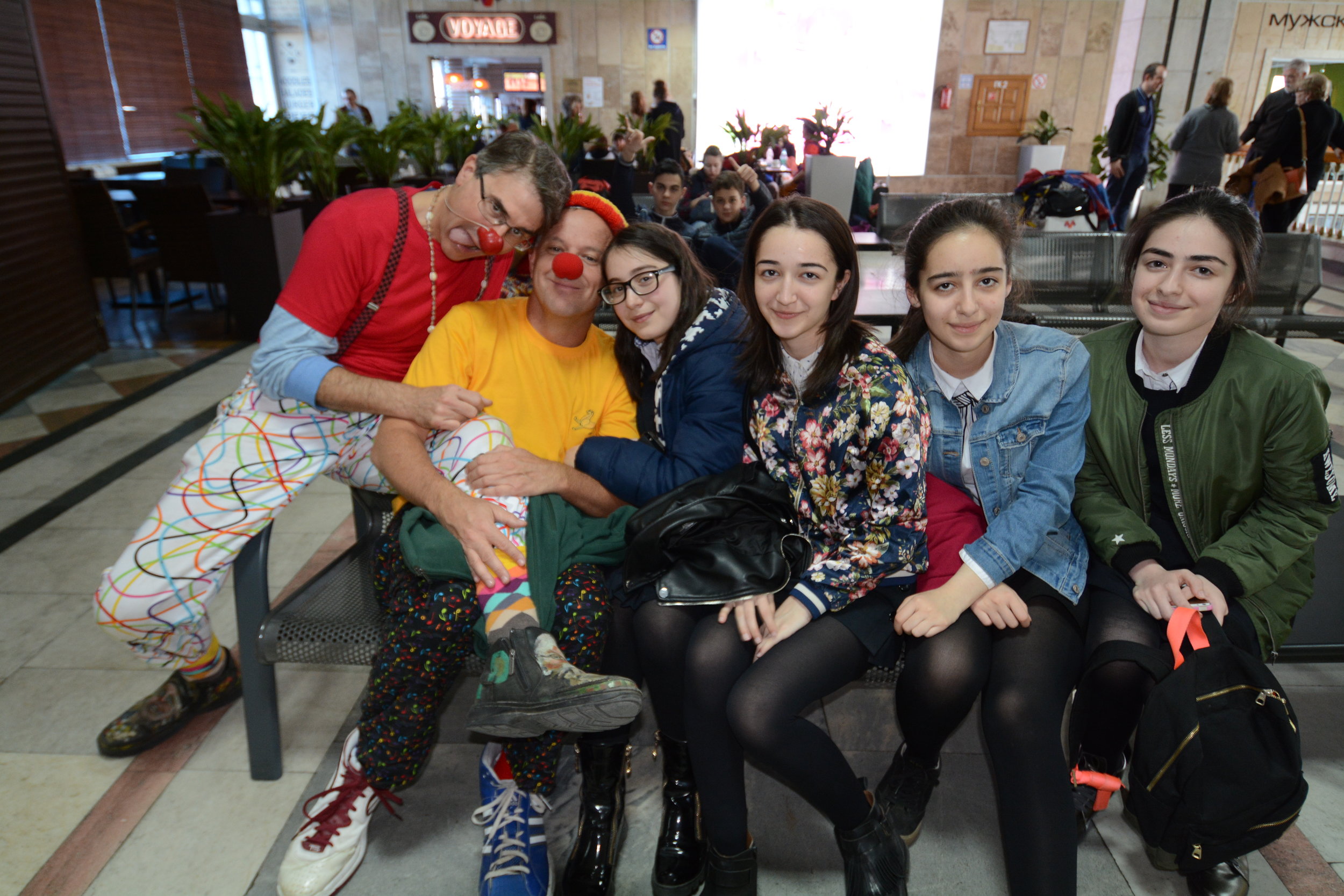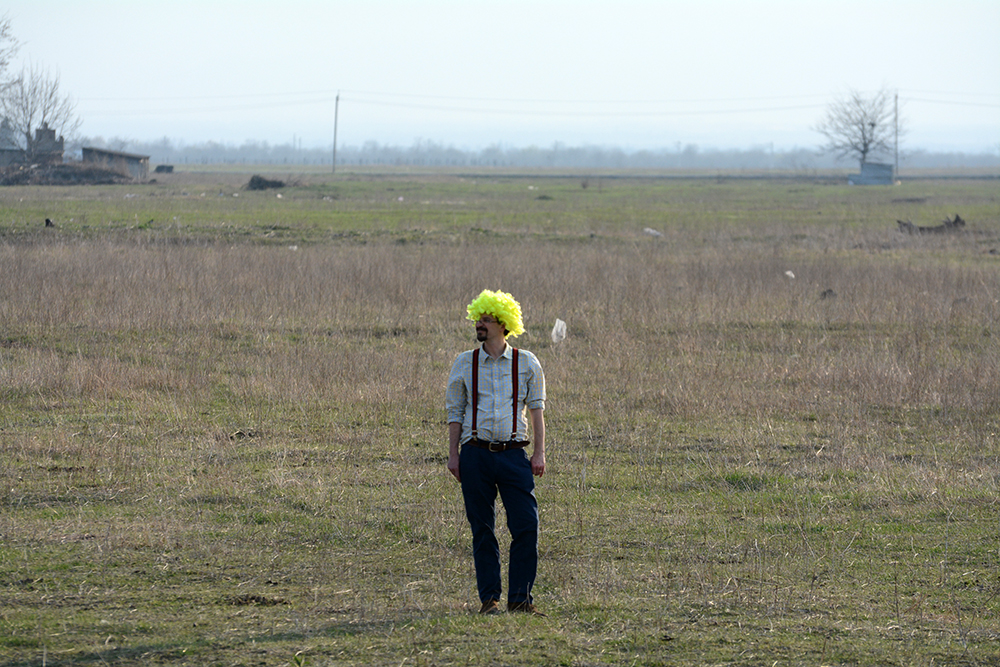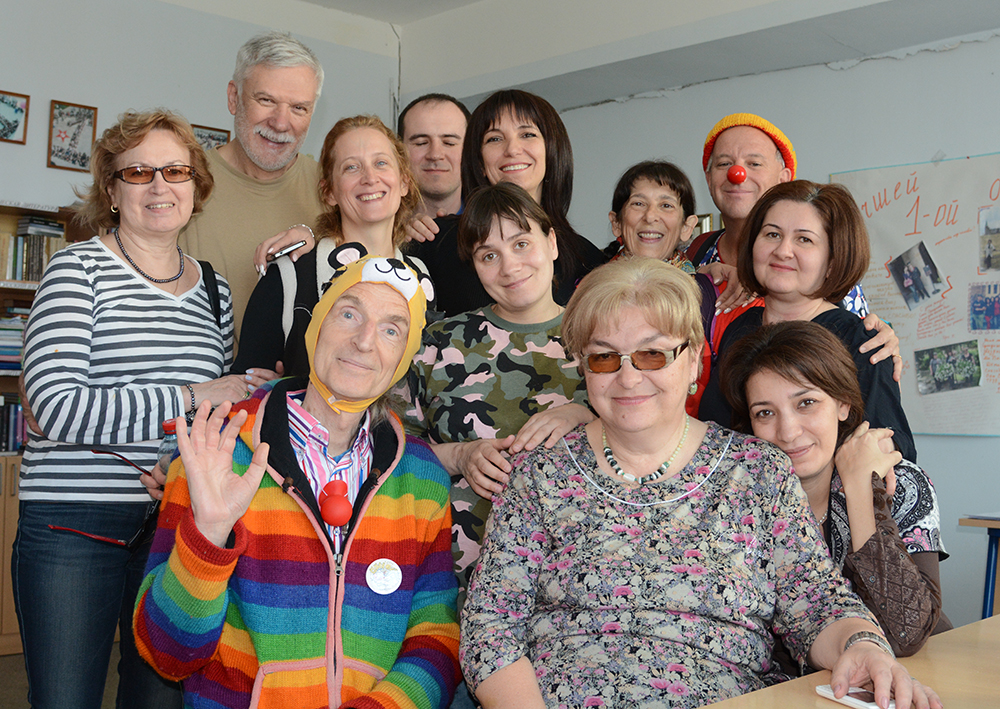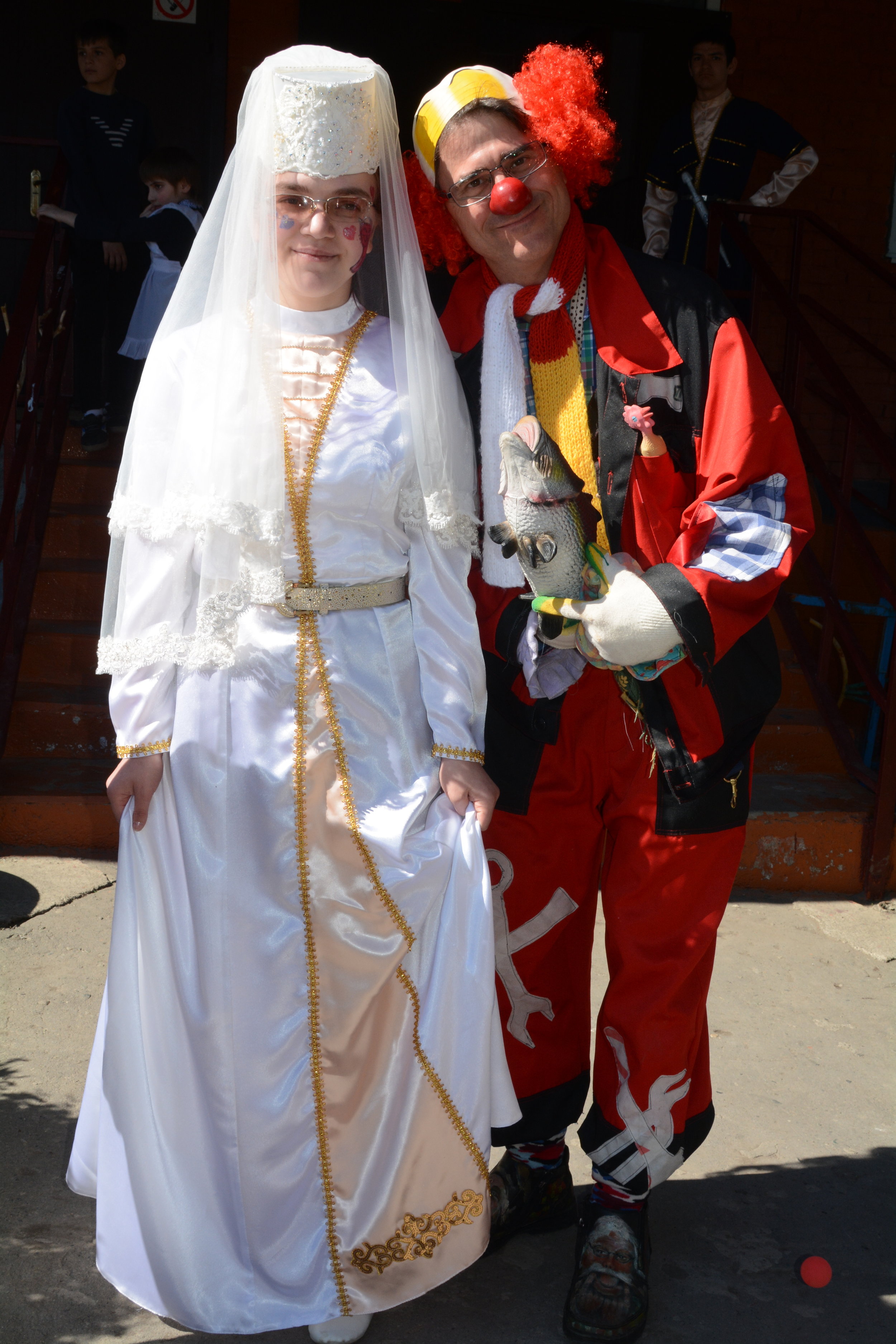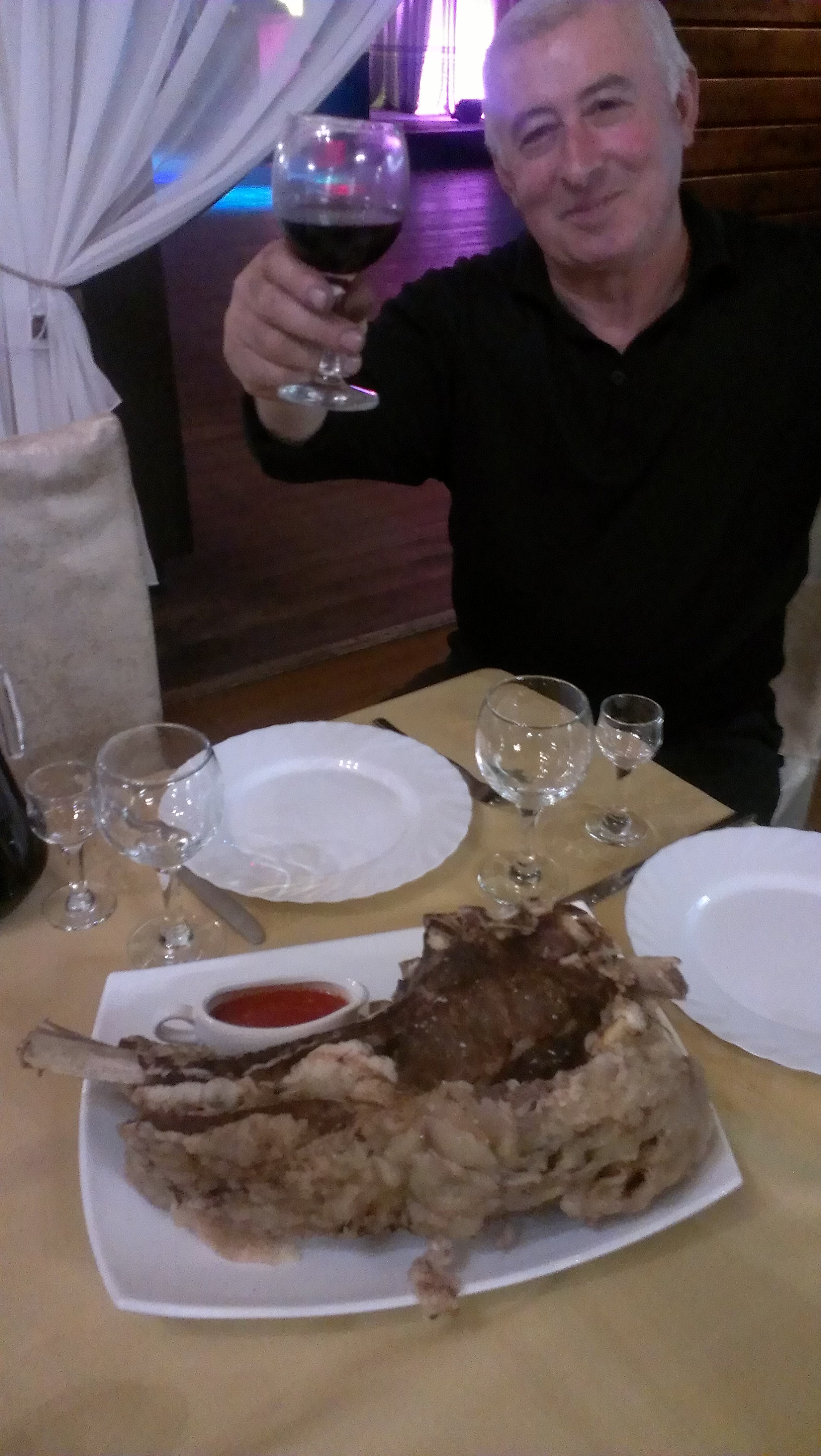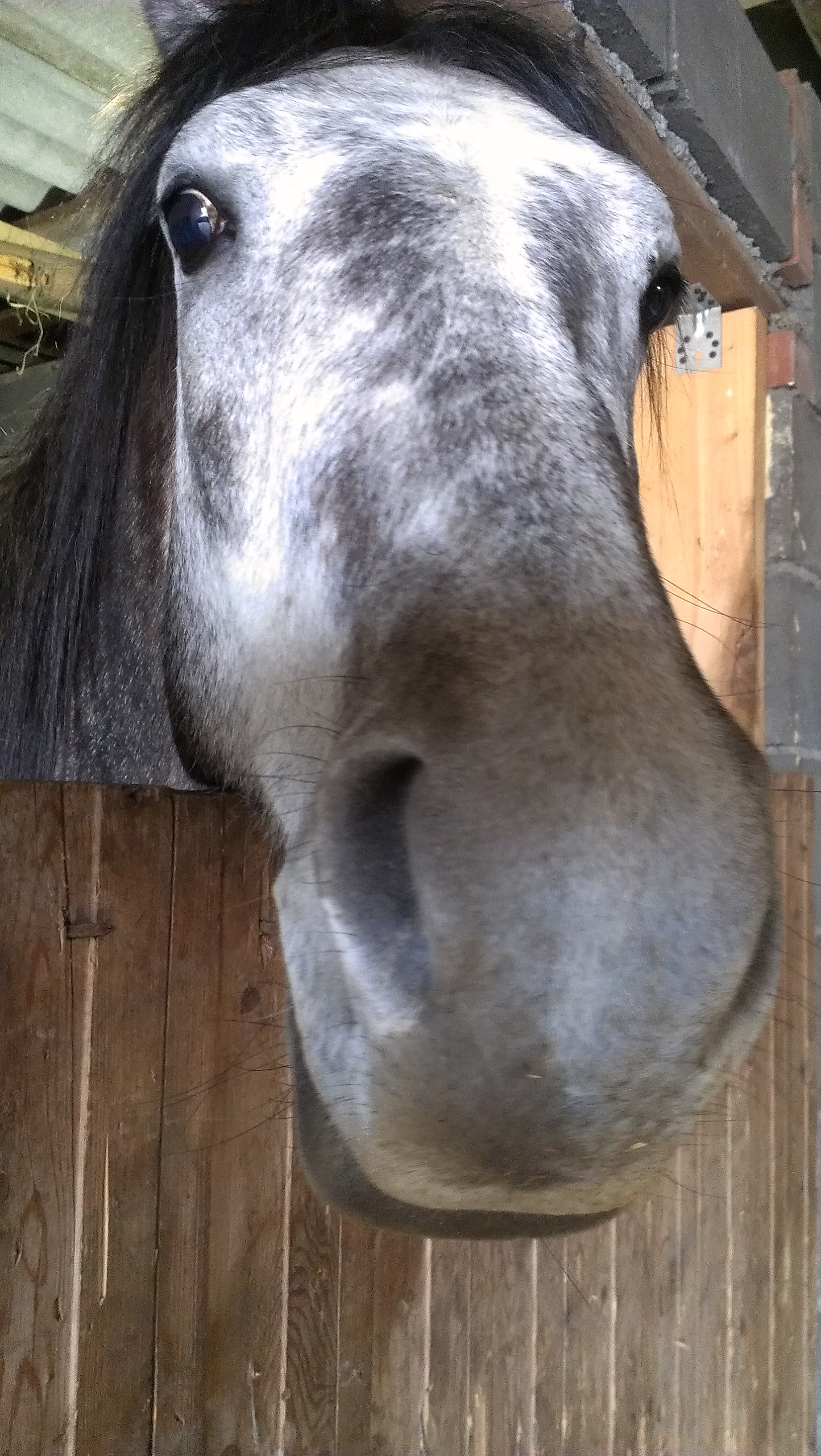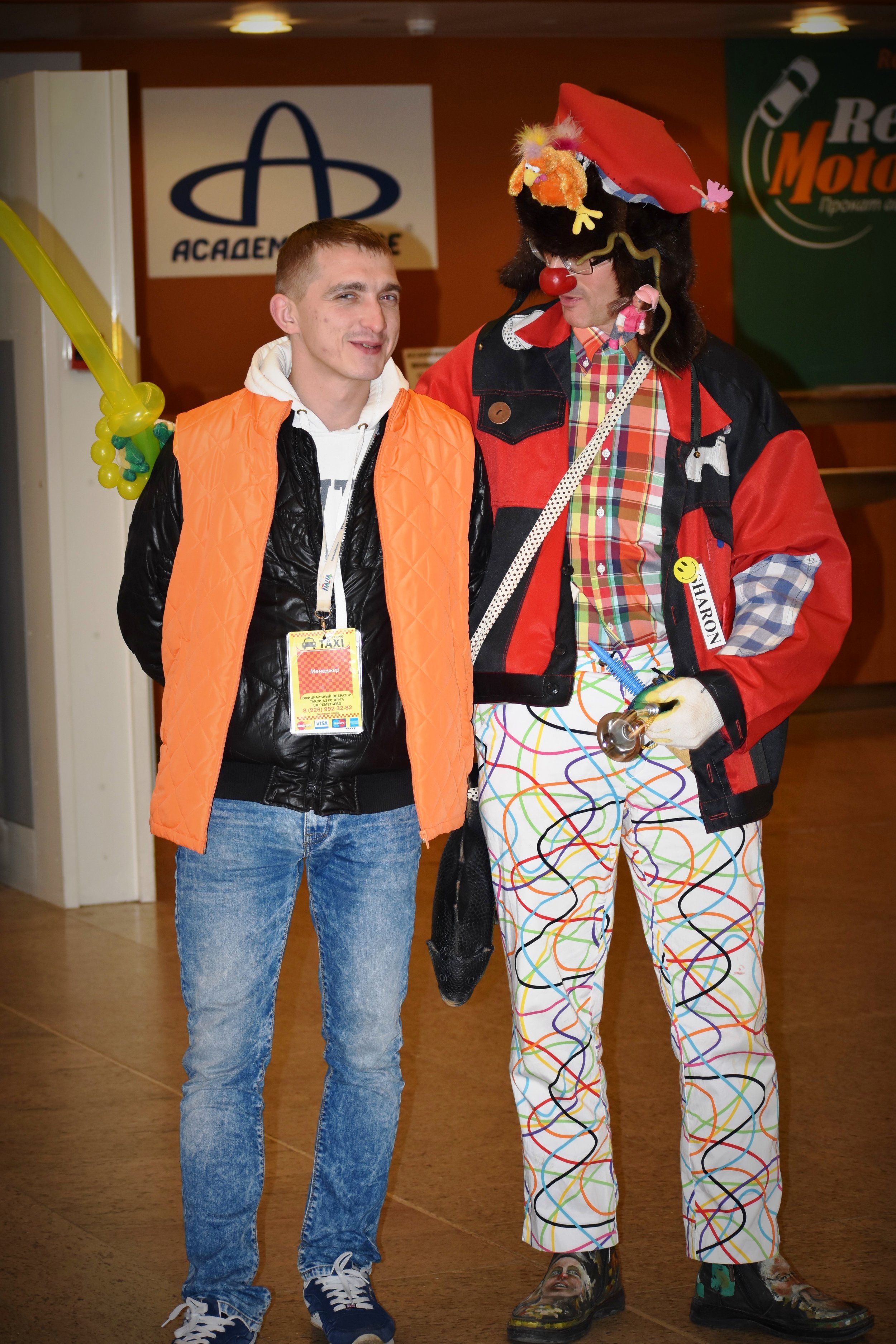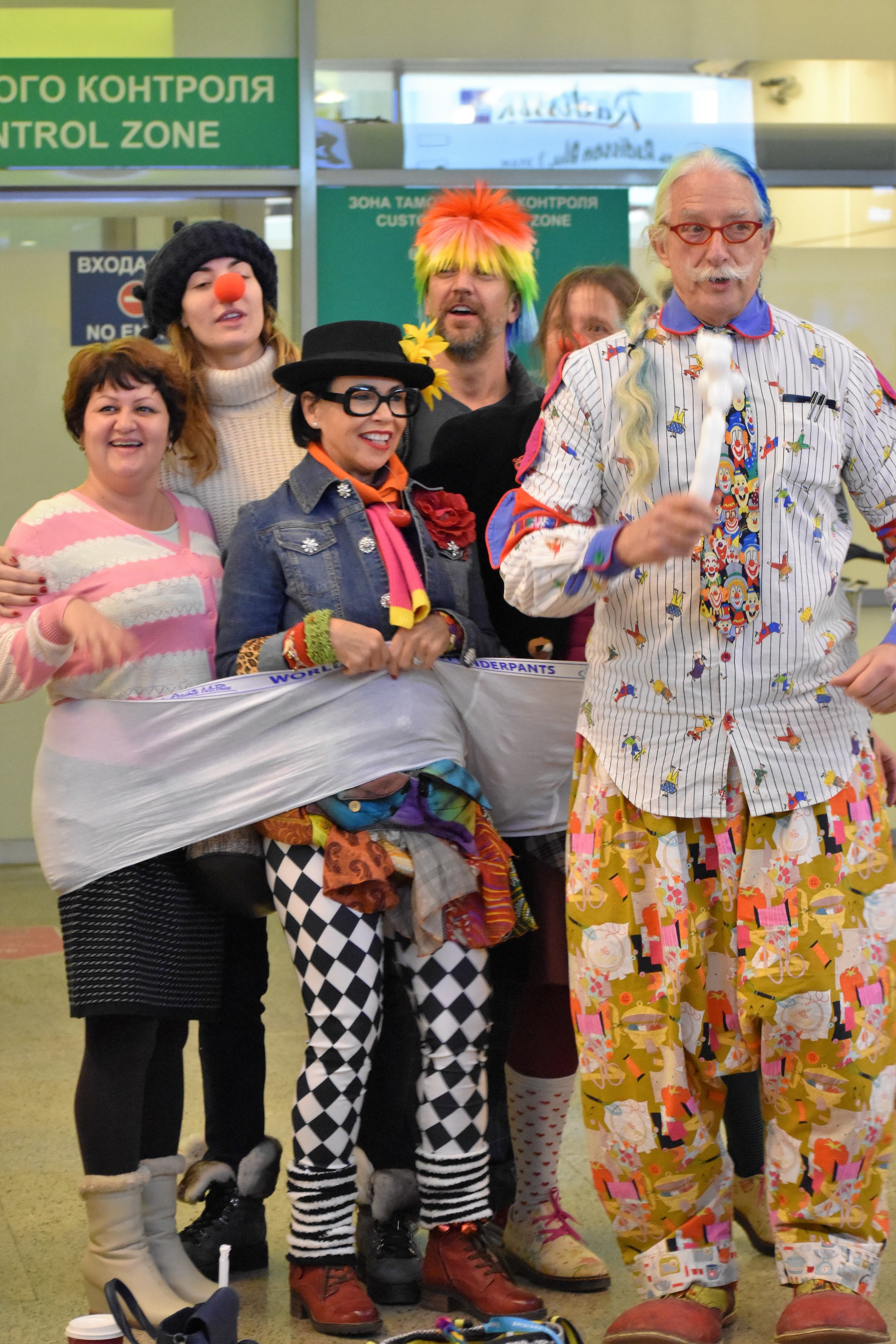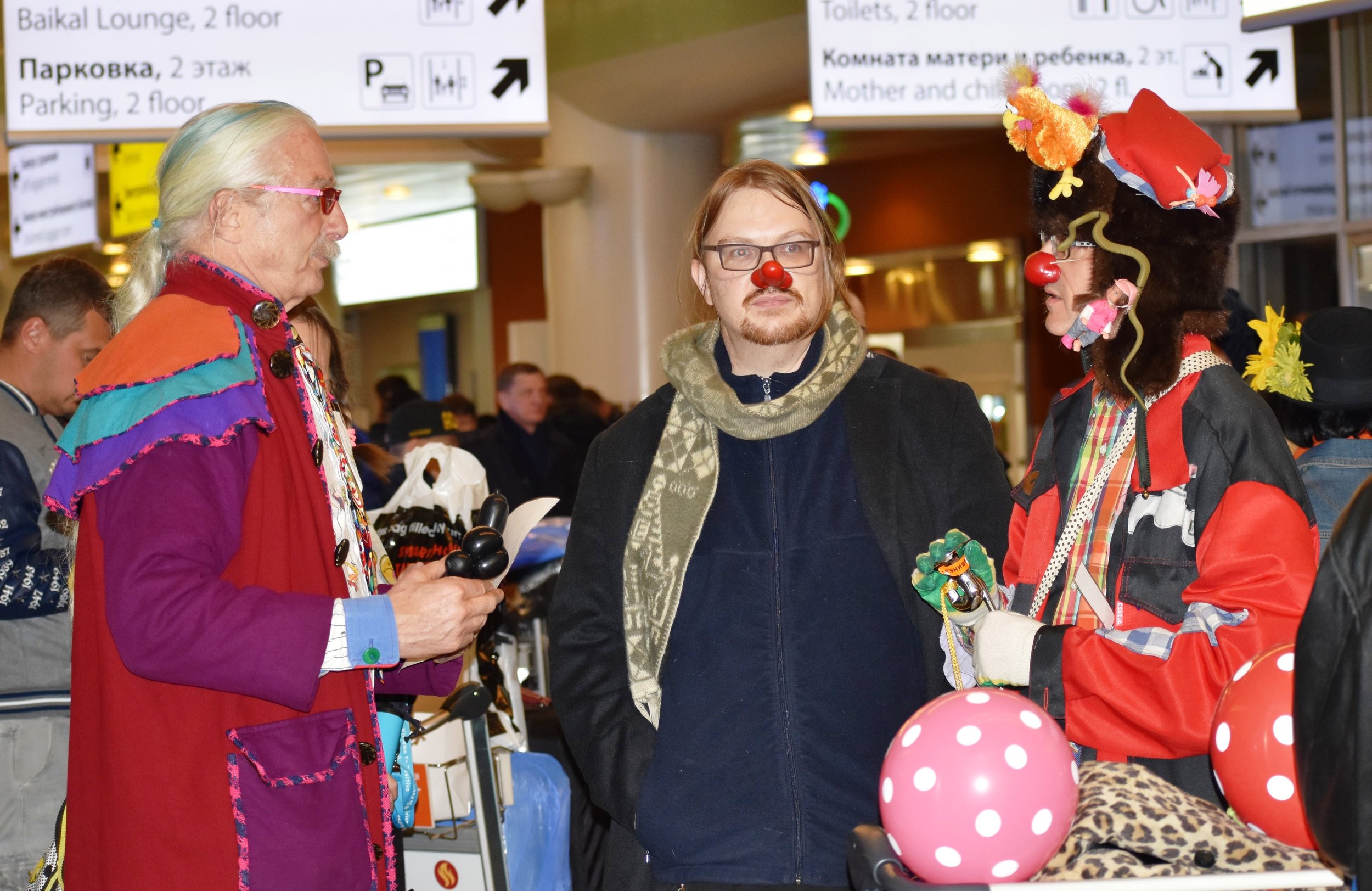Thefts small and large
Justin Lifflander
Acquiring, Pilfering or Stealing? It depends on your intention.
30 November, 2020
It’s a good time to reflect on ignominious American presidents and their colorful henchmen.
Political transgressions of the past seem like mere mischievous romps by ambitious cynics when compared to the degrading sleaze show playing out in the United States now. The Watergate scandal that began in 1972 – in which President Richard Nixon’s thugs not-so-stealthily broke into the offices of the Democratic party in the hotel complex of the same name – appears mediocre when juxtaposed with the shenanigans of the past few years…those we know about…and those that are likely to emerge when the fog lifts.
One of the Watergate burglars, G. Gordon Liddy, celebrates his 90th birthday today. In the days when I still wanted to be spy, I had the pleasure of meeting my hero.
Memories and Memorabilia of G
By Justin Lifflander
Senator Edmund Muskie waved goodbye to my father and me from the steps of his Kennebunk Beach home as we pulled away one day in 1971. I clutched the Slinky I had stolen from his son.
At age six, I had started a hobby on the coattails of my father’s fundraising work for Democrats. My collection of political memorabilia began in a loose relationship to one of the early victims of Richard Nixon’s Committee to Reelect the President, AKA “CREEP.” It would end with a memento from one of the committee’s most infamous members, G. Gordon Liddy.
In those days, respectable institutions made high-quality branded items. Respectable admirers pilfered them without pause. My father’s theft of two pewter ashtrays from the Watergate Hotel was prescient.
View of the Cornell Clock Tower (clock hands in place)
Thirteen years later I was completing a degree in Soviet Studies at Cornell University, with what was then a clear vision of my career path to becoming an intelligence officer. In my fraternity I was responsible for the security of our secret meeting room that housed a vault of booty — including a pair of 19th century clock-hands stolen from the Cornell tower.
The fraternity had one socially-redeeming program— a speakers’ series endowed by an ancient alum. In addition to my counter-intelligence duties, I was assistant chairman of the Oliphant Program. We funded honorariums and put the speaker up in a special suite in the house.
I was overjoyed when I learned G. Gordon Liddy had accepted an invitation to lecture. I had been in awe of Liddy from the moment I read how he calmly strolled past police in the lobby of the Watergate with surveillance equipment stuffed down his pants. Wannabe spies have a hard time finding quality role models. During his stay I was to be G’s valet, organize a reception, and attend to his needs.
Yosemite Sam
My first impression was that the cartoon character Yosemite Sam had come to life — complete with menacing mustache and acerbic banter. In the Q&A prior to cocktails G was true to form.
To a liberal minded brother who challenged one of his right-wing positions, Liddy retorted:
“You’re probably the kind of guy who calls 9-1-1 when you have a problem. Me, I call 9-millimeter.” He patted his left breast as if checking his weapon.
“What’s the first thing you did when you got out of prison G?” another brother asked.
G grinned. “I went home and gave mama exactly what she’d been waiting for.”
After the lecture he sat up until 2 a.m. entertaining us with tales about rat kebab, prison survival and the fight-ring he presented to his wife so she could keep her inner-city students in line.
At one point, Liddy asked to use a phone. I led him to my room and pointed at my home-made contraption, complete with a built-in jack for recording conversations and a dial that generated static to terminate undesired calls. G glanced at the device and muttered something about finding a payphone.
I seized the moment.
“G, do you have a sense of humor?” I asked.
“You can’t survive in Washington…or the joint, without one,” he answered.
“Would you mind autographing this?”
I pulled one of the Watergate ashtrays from my top drawer and handed it to him, along with a Sharpie. He scowled, then scribbled on the back and smiled as he returned it. I read the inscription: "I did not steal this… G. Gordon Liddy" (the "I" was underlined).
We shook hands and he accepted a cigar as a token of my appreciation. I stopped collecting political souvenirs after that. What was the point?
My last political souvenir
Some Liddy quotes:
Obviously, crime pays, or there'd be no crime.
They were afraid, never having learned what I taught myself: Defeat the fear of death and welcome the death of fear.
A liberal is someone who feels a great debt to his fellow man, which debt he proposes to pay off with your money.













